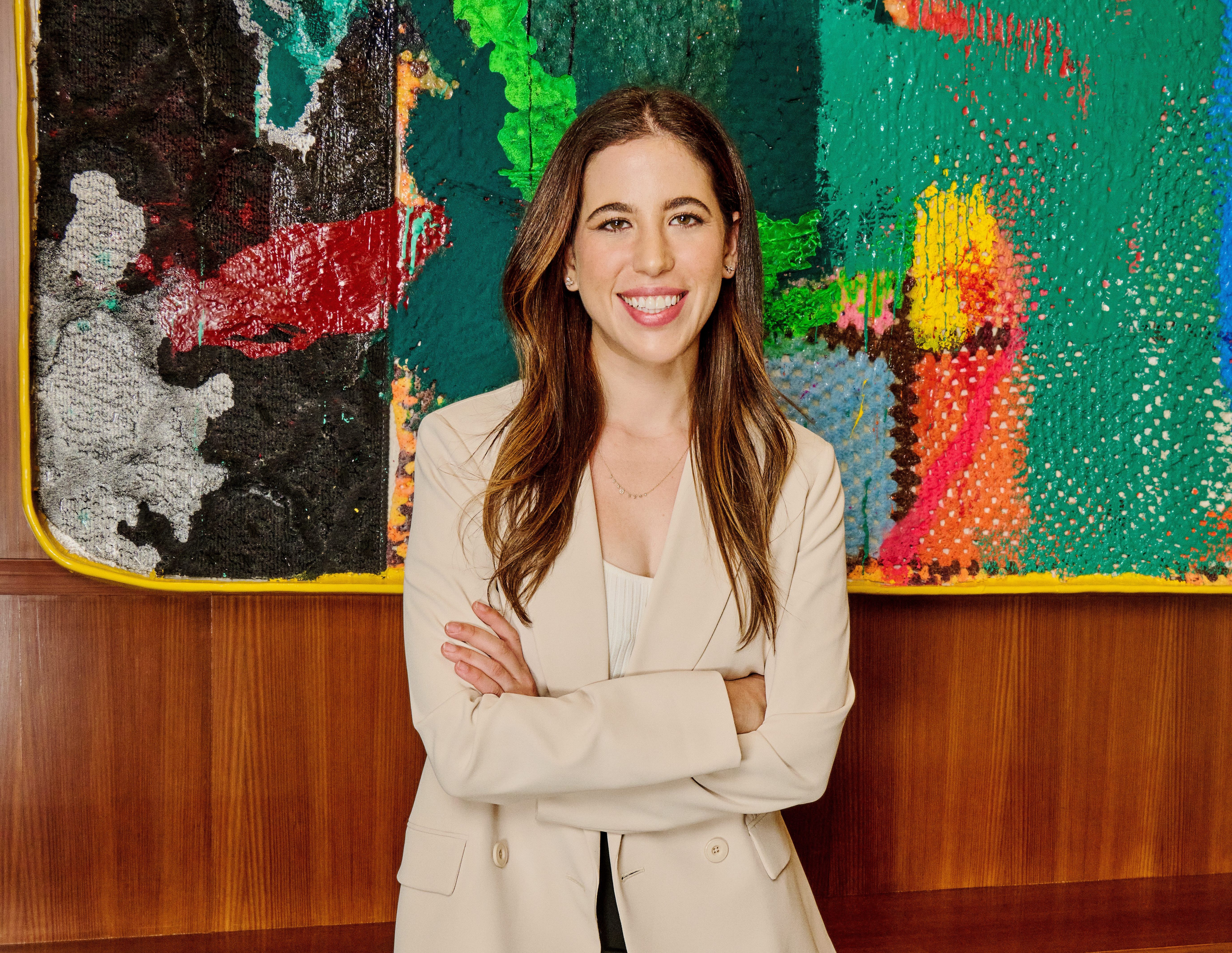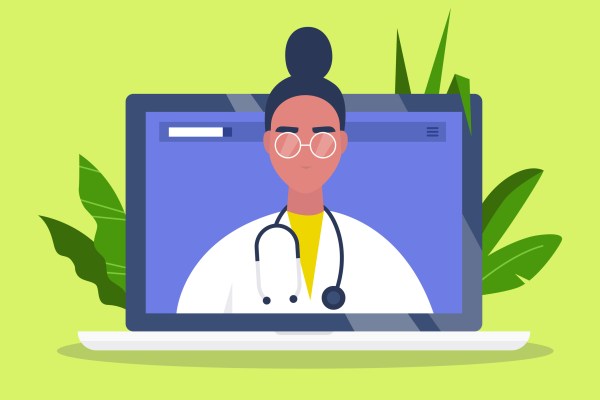Chronic hormonal conditions such as polycystic ovarian syndrome (PCOS) and endometriosis are common in women, but also commonly go undiagnosed or inadequately treated. Allara, a New York–based telehealth startup, wants to help connect women with conditions like these with qualified medical practitioners and registered dietitians via its platform.
PCOS is one of the most common causes of female infertility, affecting as many as 5 million women, or 1 in 10 of reproductive age in the U.S., according to the CDC. Moreover, about 10% of women across the globe, which is equivalent to 176 million, have endometriosis.
Despite how widespread these conditions are, patients with chronic hormonal disorders often undergo years of suffering before receiving treatment, and “up to 70% of cases are undiagnosed worldwide,” per the World Health Organization.
Allara CEO and founder Rachel Blank experienced firsthand how challenging it is to get adequate support for PCOS; she was diagnosed with it at 21, after years of unexplained medical issues.
“I sought support from various doctors and specialists, did my own research, and played whack-a-mole with lifestyle changes, but wasn’t able to find effective and holistic care for my condition,” Blank told TechCrunch. “There is no FDA-approved treatment for this widespread, chronic condition.”
Allara hopes to change that with its comprehensive approach and care team that includes OB-GYNs, women’s health nurse practitioners, endocrinologists and registered dietitians who deeply understand hormonal and metabolic care. Dr. Heather Huddleston, chief medical advisor of Allara and director of the PCOS clinic at the University of California, San Francisco, leads Allara’s expert advisory board.
The two-year-old startup said it has raised $10 million in a Series A round led by Google Ventures with participation from Great Oaks Venture Capital, Humbition, Vanterra, Gaingels and angel investors like One Medical founder Tom Lee and Maggie Sellers. Google Ventures’ general partner Frédérique Dame will join Allara’s board of directors. The new money brings its total capital raised to $17.5 million.
Blank has worked in digital health since 2018 and was formerly director of strategy at health tech startup Ro. Allara’s virtual care platform offers a monthly subscription service that enables patients to access ongoing medical, lifestyle, nutrition, and emotional support for hormonal, metabolic and gynecological conditions and helps them see improved health outcomes. The startup claims that 75% of patients start to feel better within one month of working with Allara.
Since the launch, Allara has expanded “from specialized PCOS care to comprehensive care services for women with hormonal, metabolic and gynecologic conditions,” Blank said.
Over the past year alone, the startup’s patient base grew fivefold, and it partnered with major insurers, including Cigna, Anthem, Aetna, Empire and United Healthcare, in eight states, covering approximately 30 million lives to provide quality care for women nationwide.
The Series A proceeds will help Allara extend its insurance coverage, launch partnerships with health systems to continue patient care, conduct clinical research and scale its operations for further care, which currently includes research-backed supplements and mental health services based on patient requests.

Rachel Blank, the CEO and founder of Allara. Image Credits: Allara
When asked about its partnerships with the health system, Blank said, “Allara was not built to compete with the traditional health system, but to help close a massive care gap that exists for women’s health.”
The company is in talks with health systems and large fertility groups “to help improve access to chronic care and pre- and post-op management, delivered virtually — rather than requiring patients to visit multiple providers and put their care together themselves. Allara’s platform “allows these health systems and highly specialized providers to focus more on the procedures that need to be done in person.”
“The health system often views women’s healthcare as limited to pregnancy and fertility, but many women deal with chronic, specific conditions that require a whole-body, preventative approach,” Blank said. “Our patients are often in their 20s and 30s and looking to improve their overall health or are a few years out from conception and trying to get a head start on improving their health and fertility.”
